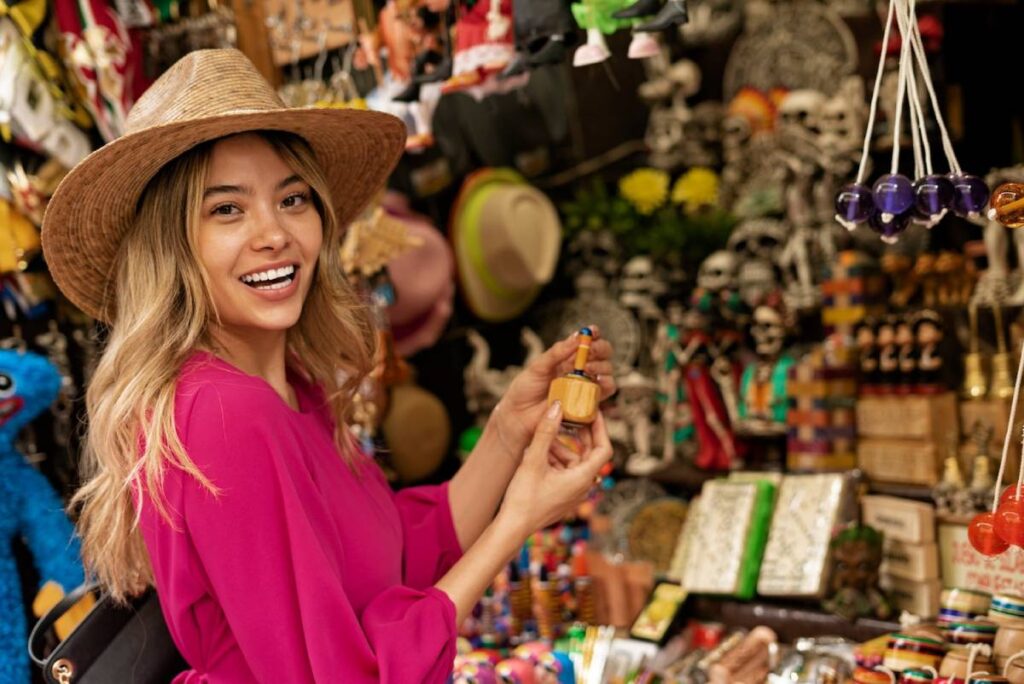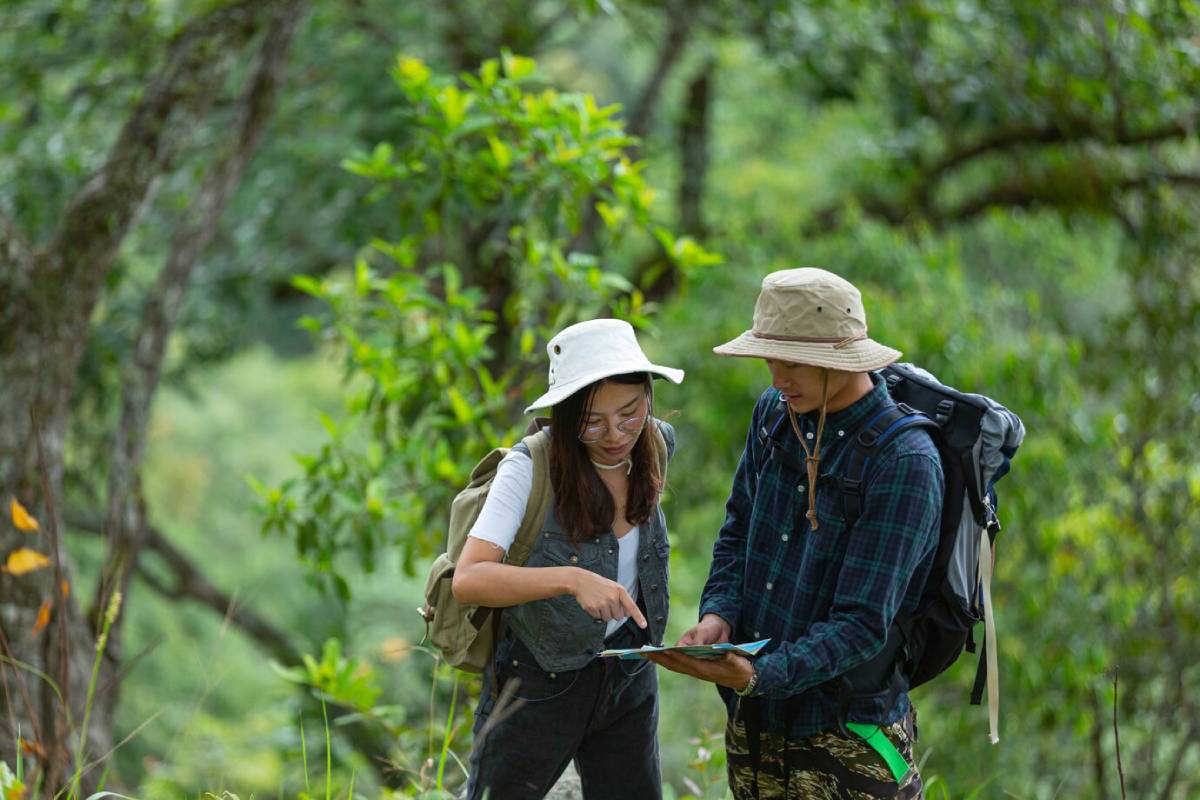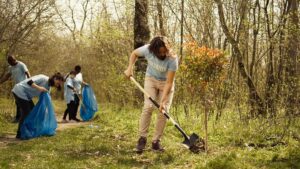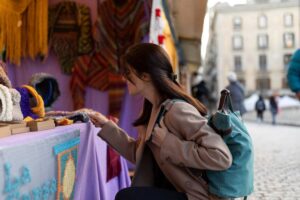Travel Blogs

Supporting Indigenous Communities Through Tourism
Tourism is more than visiting places. It can help people and support communities. One of the best ways to do this is by choosing to support Indigenous communities.
Many Indigenous groups have strong ties to their land, language, and traditions. But they have also faced unfair treatment in history. Travel, if done respectfully, can bring income and pride to these communities.
This guide will show how to travel in a way that helps. It covers how to choose the right tours, where to shop, and how to show respect. Every small step matters. Your choices can protect cultures and help them grow.
What Is Indigenous Tourism?

Indigenous tourism means experiences created and led by Indigenous people. These activities share their stories, land, and way of life.
You might:
- Join a guided walk through the forest
- Listen to traditional music
- Learn how to cook a local dish
- Watch a dance or ceremony
- Visit a cultural centre
These moments are not just for fun. They teach real history and offer a deeper connection.
Why Indigenous Tourism Needs Care
Indigenous cultures are rich and full of meaning. But they are also delicate. When tourism is careless, it can cause harm.
Problems can happen when:
- Traditions are changed to please tourists
- Sacred objects are used the wrong way
- Money goes to outside businesses, not locals
- Visitors treat cultures like a show
This is why it’s important to travel with care and respect.
How Tourism Helps Indigenous Communities
When done right, travel can bring many benefits to local people.
It can:
- Create jobs and income
- Support local crafts and art
- Help young people learn their culture
- Keep languages alive
- Build pride in traditions
For visitors, it brings real connections and learning. These are not just memories. They are lessons for life.
How to Choose the Right Indigenous Experiences
1. Look for Indigenous Ownership
Always check who runs the tour or activity. Is it owned and led by Indigenous people? If yes, your money helps the community.
Ask:
- Who owns the business?
- Are locals involved?
- Where do the profits go?
Choose tours that are made by the people, for the people.
2. Do a Bit of Research
Before you visit, read about the group you will meet. This helps you understand and show respect.
Look up:
- The name of the community
- Local customs and dress
- Sacred places to avoid
- How to greet people politely
Being prepared shows that you care.
3. Choose Real, Not Fake
Some shows are made just for tourists. They might use costumes or stories that are not true. Real experiences come from real people.
Pick:
- Activities with clear meaning
- Tours that explain the culture
- Workshops where you learn by doing
Avoid anything that feels like a theme park.
Shopping That Supports Culture
Buying gifts is part of many trips. But with Indigenous products, it’s important to shop wisely.
What to Buy

- Handmade crafts
- Art with a story
- Natural goods like soap, tea, or spices
- Clothes made in the community
Look for items that are signed or come with a tag about the artist.
What to Avoid
- Items made outside the country
- Fake tribal designs
- Sacred symbols used the wrong way
- Products from protected animals
Ask the seller where the item came from. If they can’t answer, skip it.
Respecting Land and Traditions
Land is not just a place. For many Indigenous groups, land is sacred.
What to Do
- Stay on marked paths
- Ask before entering private land
- Take off your shoes if asked
- Stay quiet at sacred places
- Follow local rules
Never touch or move anything that feels special. When in doubt, ask.
Learn from Language and Stories
Many Indigenous languages are at risk. Listening and learning helps them stay strong.
Try to:
- Learn a few words or greetings
- Listen to stories without interrupting
- Ask questions politely
- Respect what is shared — some things are private
Language connects people to their past and future. Your interest can help keep it alive.
Good Examples Around the World
Uluru in Australia
Climbing Uluru is no longer allowed. It is a sacred place for the Anangu people. Now, visitors can walk around the base with a local guide who shares its meaning.
Sámi Experiences in Scandinavia
In Norway and Sweden, Sámi people offer tours with reindeer, crafts, and music. These are run by Sámi families and give real insight into their way of life.
Indigenous Tourism in Canada
In British Columbia, many Indigenous groups run cultural centres, eco-tours, and workshops. Visitors learn about history, land, and tradition — from the people who live it.
Dos and Don’ts of Ethical Indigenous Travel
Do:
- Ask questions with care
- Book local and Indigenous-led tours
- Support small shops and markets
- Show kindness and patience
- Leave honest, helpful reviews
Don’t:
- Take photos without asking
- Climb on sacred land
- Treat ceremonies as entertainment
- Touch or buy sacred objects
- Bargain too hard — pay a fair price
Respect is shown in small actions. Travel slowly and think about your impact.
Helping Beyond Your Trip
Your support can continue long after you get home.
You can:
- Follow Indigenous artists and groups online
- Share what you learned with others
- Talk about your experience on social media
- Support Indigenous-owned brands
- Donate to language and education projects
Travel is not just a visit. It’s a relationship. Keep it strong.
Travel That Lifts, Not Takes
Indigenous tourism is powerful. It teaches, heals, and brings people together. But only if it’s done with care.
When you choose ethical travel practices, you show respect. You help keep languages, traditions, and crafts alive. You help young people feel proud of who they are.
Your visit becomes more than a trip. It becomes a step toward a better world.









